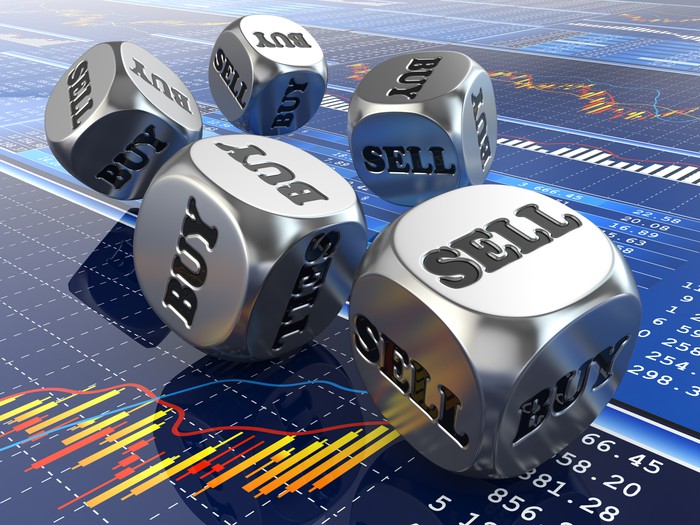Budweiser is the king of beers. But there are three more reasons Anheuser-Busch InBev (BUD +0.56%), the company behind the brand, rules the industry. Look no further than the top beer brands of this year's Millward Brown annual BrandZ ranking to see why.
|
Company |
Brands |
Percent Change in Brand Value Since 2013 |
|---|---|---|
|
Anheuser-Busch InBev |
Bud Light Budweiser Stella Artois Corona |
+ 16% + 25% + 30% + 21% |
|
Heineken (HEINY +0.43%) |
Heineken |
+ 5% |
Source: BrandZ.
The recently released 2014 edition shows four of the five most valuable global beer brands housed in AB InBev's impressive stable. In fact, the collective brand value of the company's four top brands, which include Bud Light, Budweiser, Stella Artois, and Corona, is just over $40 billion! Every one of these four brands increased in brand value by double digits, according to BrandZ.
Expansion and consolidation continued in the beer industry during the past year. AB InBev completed its 2013 acquisition of Mexico's Grupo Modelo, adding Corona to its portfolio. In fact, Corona is the U.S.'s leading import beer, with aggregate sales of Corona Extra and Corona Light nearing $764 million in 2013!

Corona offered a draft version of the beer, in an appeal to Millennials and Latino drinkers. AB InBev's track record of successful integration and enormous scale will provide a strong tailwind for growing the Corona brand.
Besides AB InBev, the only other company to sport a brand on this year's most valuable beer list is Heineken. Heineken's flagship brand increased a more modest 5% in brand value during the past year. The value of the Dutch lager's brand is estimated at nearly $9 billion, according to BrandZ.

Behind Corona, Heineken is the No. 2 imported beer in the U.S., with 2013 sales nearing $350 million. After years of market share losses, Heineken's marketing and innovation has recently focused around the shape of its familiar green flagship bottle. The company elongated its neck to create a sleeker look and appeal to younger drinkers.
Trouble brewing for the top brewer?
A well-recognized brand helps companies gain a foothold in global markets. Several of the brands on the list -- including AB InBev's Budweiser and Stella Artois as well as Heineken's flagship brand -- are global beers. Some of the other brands are regional leaders, such as Corona from Latin America. Normally, the major brewers produce their global brands close to the market to gain the greatest economies. But rising consumer concern with authenticity has produced exceptions. To compensate for the extra costs of production, brewers position these beers as premium brands, market them as such, and command higher prices for them.

Since its 2008 buyout of Anheuser-Busch, AB InBev's leadership has dramatically slashed costs, vastly increased margins, and returned a great deal of value to shareholders. Growing beer consumption, especially in emerging economies, will likely help AB InBev in the years to come. But, in its cost-slashing process, the company has received criticism for cutting corners and compromising product quality. By comparison, Heineken has operations in many countries outside its Amsterdam base. However, it has no brewing facilities in the U.S., assuring the authenticity of its brews.
Foolish final thoughts
It's never a wise idea to invest in a company solely based on a single data point. But, more often than not, company performance is aided by a strong, well-recognized global brand. Undoubtedly, these two companies spend lots of money and countless hours honing their brands. But without other successful company attributes, like a passionate dedication to uncompromising product quality and a sustainable competitive edge, a great brand will only get you so far.




